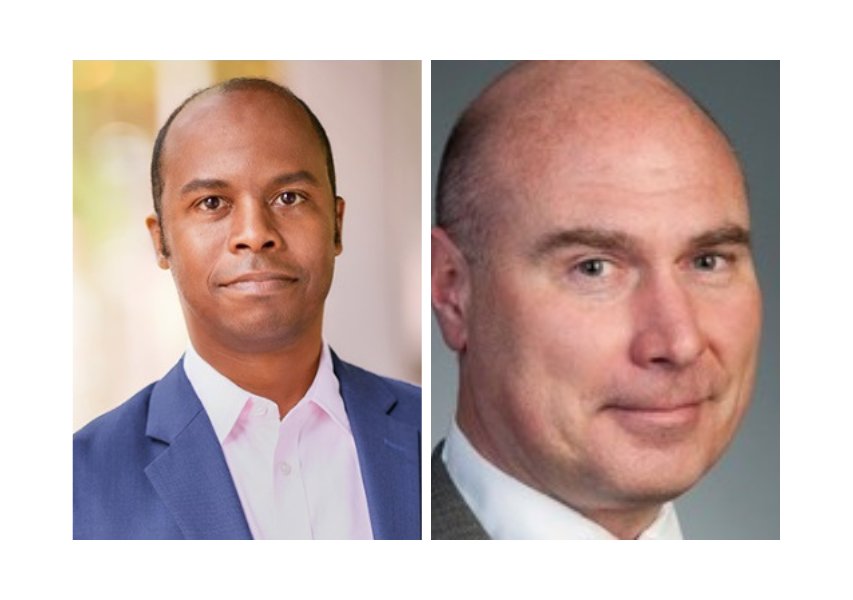The members of the National Association of Securities Professionals (NASP) have been having rigorous discussions in 2025 around recent challenges to emerging and diverse manager investment programs. In continuing the conversation, MarketsGroup Editor Christine Giordano talks with two industry advocates and practitioners to discuss whether recent policy changes have influenced their perspectives as asset managers and asset allocators. Joining her to weigh in are Marques Highland and David Holmgren, sharing their views on navigating diversity.
MarketsGroup: As a leader in supporting the ecosystem for diverse talent in the investment industry, have you seen a drop-off in either the diverse talent available or the industry’s desire for diverse talent as a result of the political climate?
Marques Highland: The need for a robust pool of talent to support critical roles within the capital markets is not a political issue, it is an economic necessity. As investment practitioners, every decision we make has the singular goal of improving investor outcomes. Our industry has a self-serving interest in ensuring that we do not overlook anyone who has the aptitude and skills that we need. Barring any sort of dramatic change in global demographic trends, the diverse talent ecosystem will continue to be relevant because it aligns with our industry’s long-term commercial objectives.
David Holmgren: I have led high performing investment teams over multiple market cycles. To achieve that, I have needed to avoid “group think” or “echo chambers” and that requires diversity of thought, which is only possible by analysis gained from various perspectives. As my peers and I focus on continually improving risk management, I’d say team diversity will rightfully increase from here, not decrease.
MarketsGroup: Allocators have supported emerging and diverse asset managers. Given the regulatory climate will allocators be hesitant to make new commitments in the space?
Highland: I think it is unlikely that capital allocators will back away from making new commitments to diverse and emerging managers because these individuals aren’t in the business of leaving money on the table. There is a compelling body of data which shows that the allocators who are intentional about partnering with diverse and emerging managers are also earning incrementally higher investment returns relative to their peers. In a world where every basis point counts, the volume of commitments (and terminations) within the diverse and emerging manager space will continue to be driven by a single variable… performance.
Holmgren: Allocators have always been held accountable for their commitments; this should be nothing new. I have always supported a merit-based approach and believe a driver in achieving strong performance will remain to be found within emerging firms. I believe the uncertain times ahead will require CIOs to be dynamic and opportunistic. CIOs will find outperformance (which is alpha) when stepping outside the sandbox into less trafficked areas. Simply riding market beta is not a prudent approach given market inflections, therefore allocators who seek exceptional returns will continue seeking emerging opportunities wherever they’re found.
MarketsGroup: Lastly, any career or corporate advice you’d share to help navigate this current environment?
Highland: As fiduciaries, our job is to make prudent decisions that benefit those who have entrusted us with their capital, while maintaining independent thinking during times of uncertainty. Political dynamics can and do change rapidly, but the advocates and critics of diversity should be able to agree on one thing… our industry is too reliant on narratives that gloss over its failure to make meaningful progress on the issue. Historically, a combination of “less talk” and “more action” has been the key to successful diversity-related outcomes.
Holmgren: I would advise other investors to focus on the intentions and keys of the organizations you are serving, and use their unique insights and guidelines in your search for the best sources of alpha and long-term sustainability. Investment decisions are best when aligned to the mission’s principles. So my advice would be to just try focusing on being the best investment fiduciaries possible.













